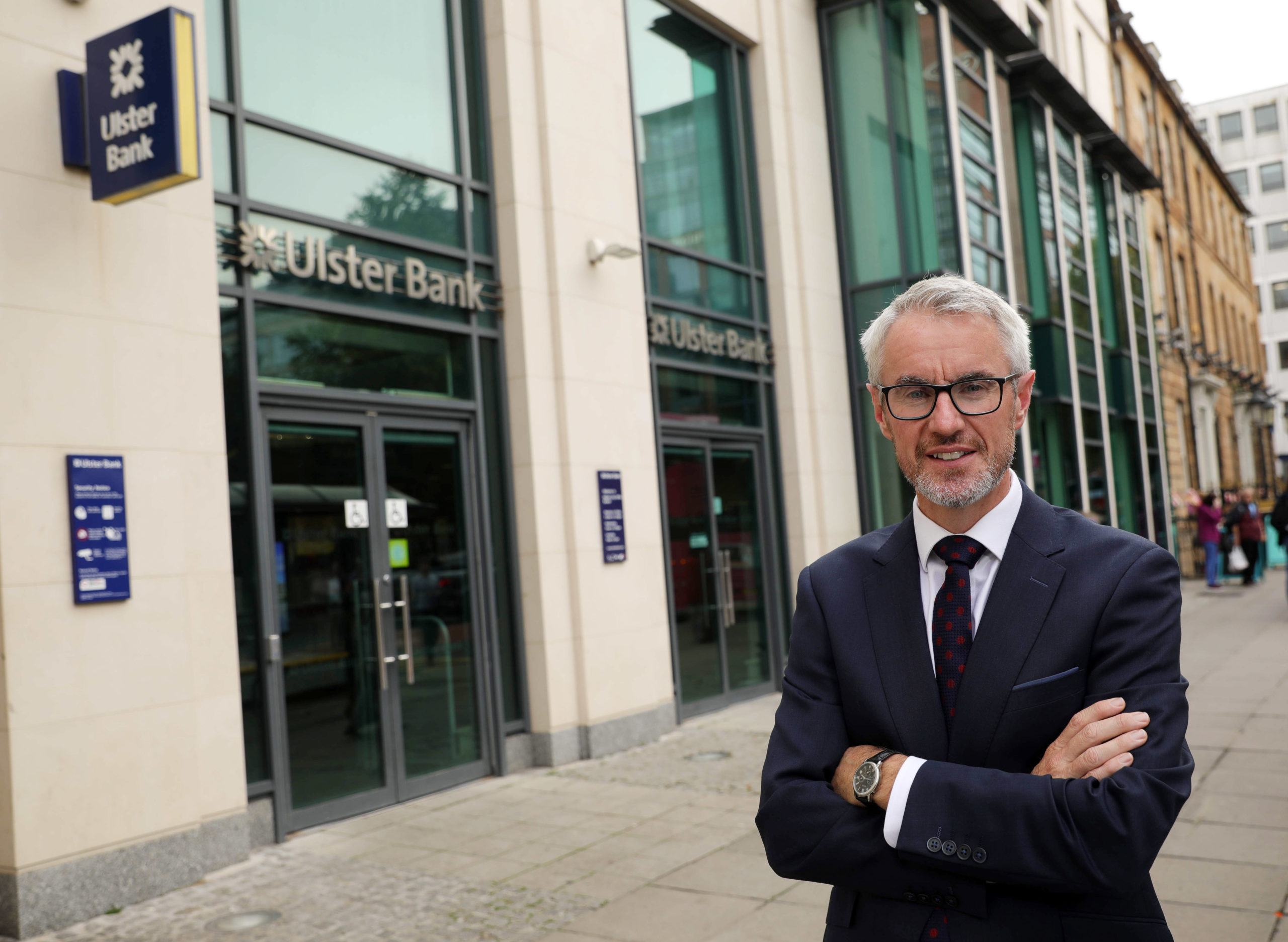RICS and Ulster Bank Residential Market Survey – December 2022
House prices in Northern Ireland are continued to rise in December 2022, albeit at the slowest rate since May 2020 according to the latest Royal Institution of Chartered Surveyors (RICS) and Ulster Bank Residential Market Survey.
A net balance of 8% of respondents stated that house prices rose over the past three months. This is down from 31% the month previous. Outside of coronavirus restrictions, it is the lowest net balance for prices since June 2016.
Looking at the pricing outlook, a net balance of -11% of NI respondents was recorded regarding the three month outlook. This compared to the national average of -66%. Indeed, Northern Ireland respondents are the least pessimistic in the UK about the pricing outlook on both a three-month and 12-month horizon.
Regarding demand, new buyer enquiries remained in negative territory for the sixth consecutive month, although falling at its slowest rate since July 2022. A net balance of -8% of surveyors reported a decline through the month of December, compared to -36% the month previous.
December saw sales property sales in Northern Ireland fall flat, compared to -45% in November and -31% in October.
The December survey also included a set of additional questions to respondents across the UK looking at the impact of energy efficiency ratings on buyer behaviour.
When asked if respondents are seeing greater interest from buyers in homes that are more energy efficient, around 40% of the survey sample answered yes, although this was outweighed by 60% who said they do not see this trend.
Meanwhile, 41% of respondents noted that sellers were attempting to attach a price premium on homes with a high energy efficiency rating.
By the same token, 61% of contributors stated that highly energy efficient homes were holding their value in the current market.
Samuel Dickey, RICS Northern Ireland Residential Property Spokesman, says: “2022 was certainly an eventful year in the economy and mortgage markets. And overall, whilst 2022 was a busy year for housing market activity, December, as expected, proved to be a relatively quiet month. At the beginning of 2022, we saw extremely high levels of demand and enquiries, which eased towards the end of the year. This isn’t surprising, given higher interest rates in recent months. The ongoing lack of supply is also unsurprising as many potential buyers have taken a wait and see approach and we would expect limited stock to continue to be a factor in the market in 2023.”
Terry Robb, Head of Personal Banking at Ulster Bank, added: “Energy efficiency is understandably becoming more important to homebuyers with factors including the climate crisis and the cost of energy at play. And this trend will likely continue in the months ahead as the cost of living continues to be at the forefront of people’s minds. At Ulster Bank we are eager to help our customers save where they can, and our green mortgage is one way that we can help consumers be more energy efficient. We want to help our customers understand and reduce their climate impact and deal with the escalating costs of energy bills. We’ve put climate change at the heart of our strategy to be a purpose-led bank here at Ulster Bank so it’s important that we support our customers on the transition to net zero.”


